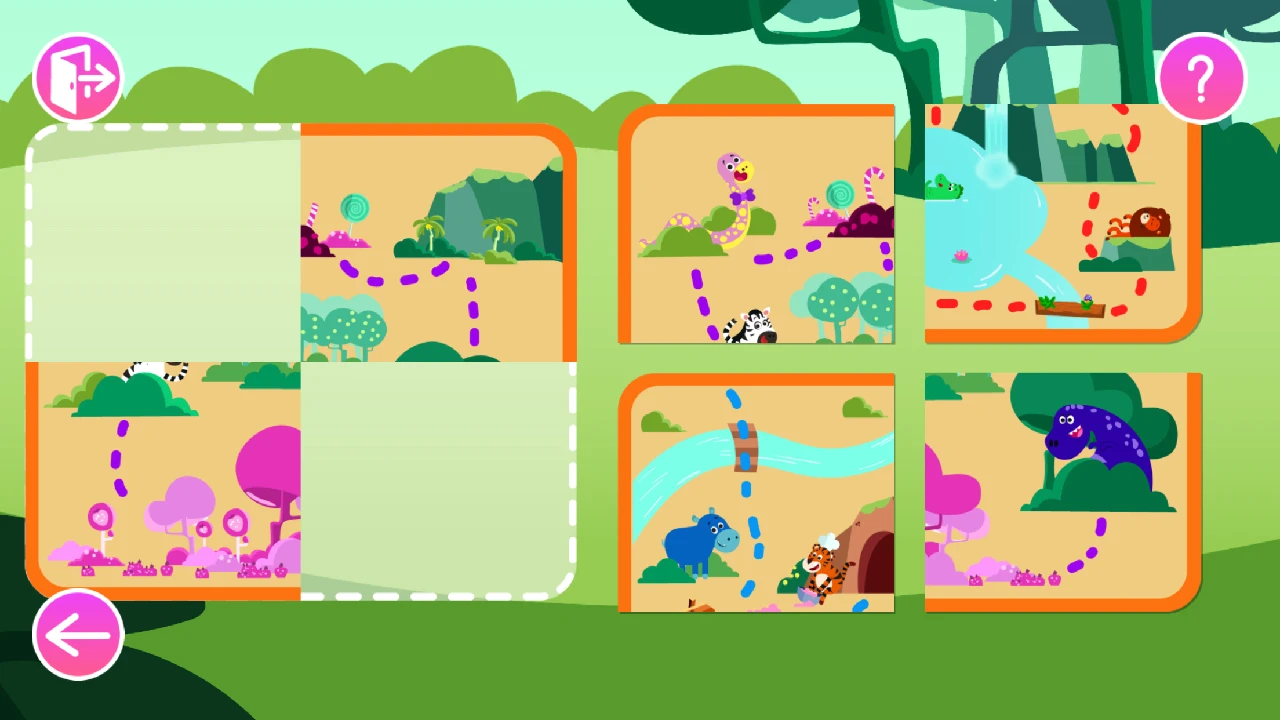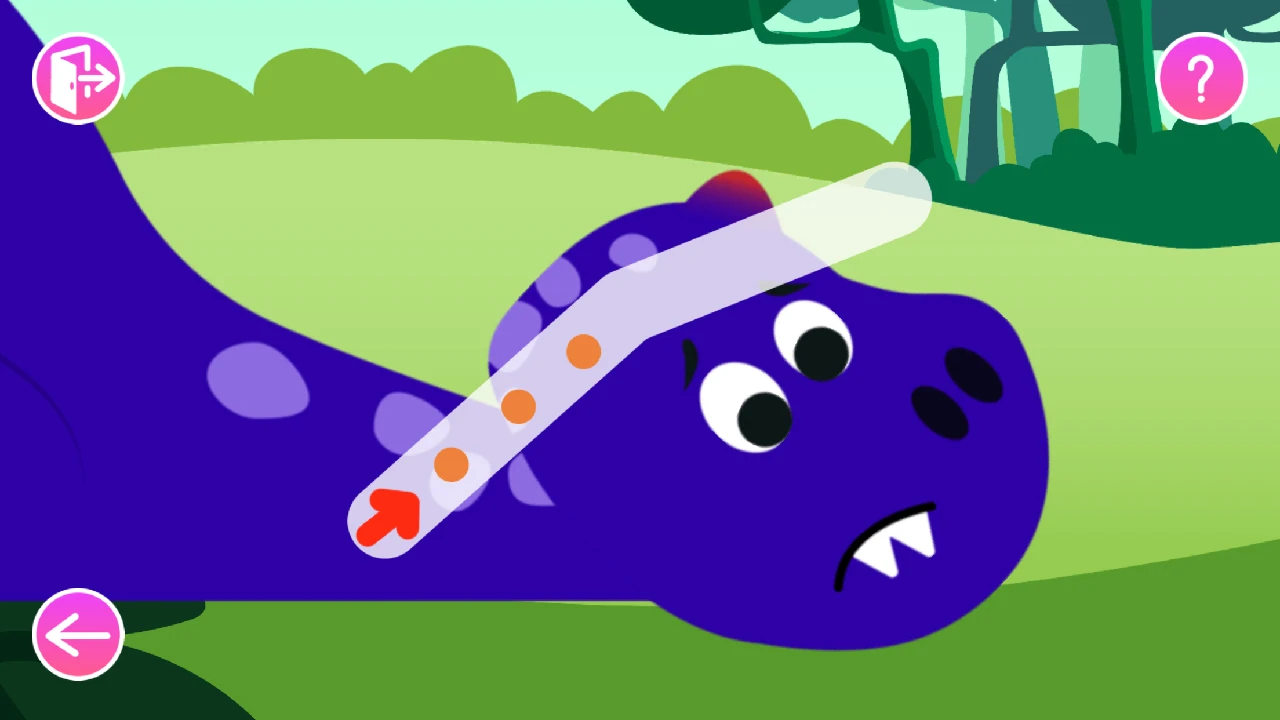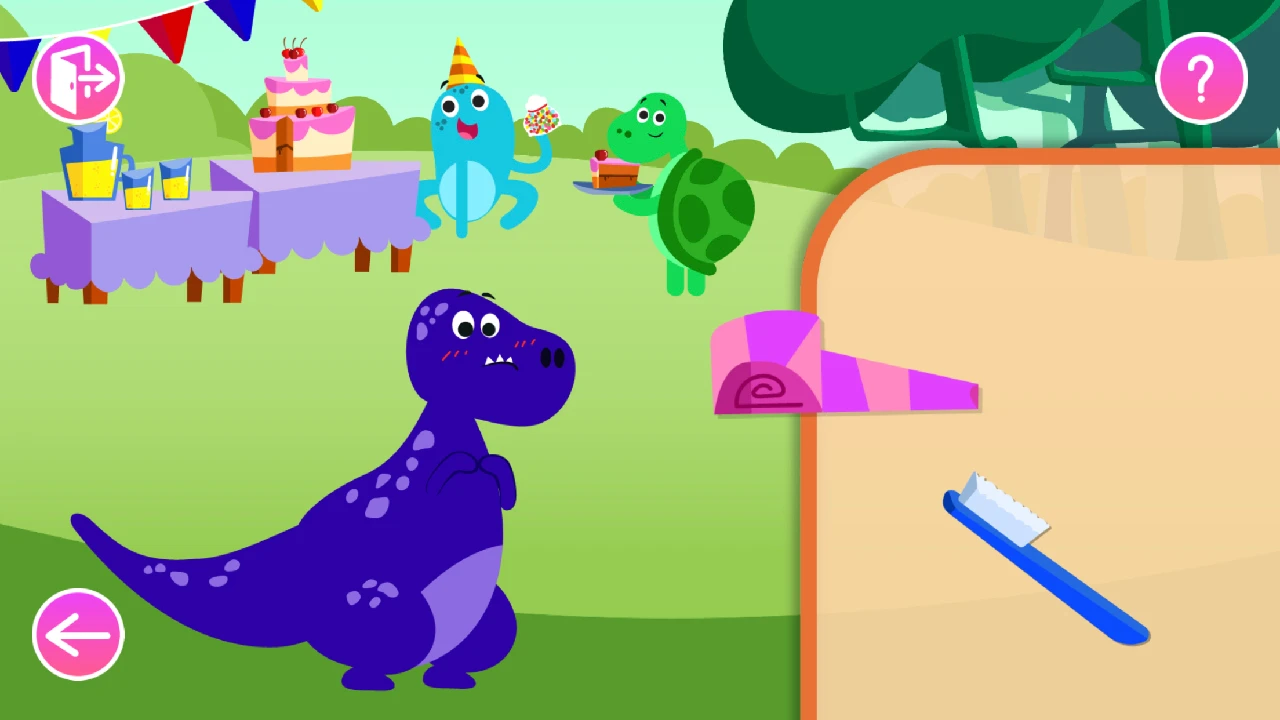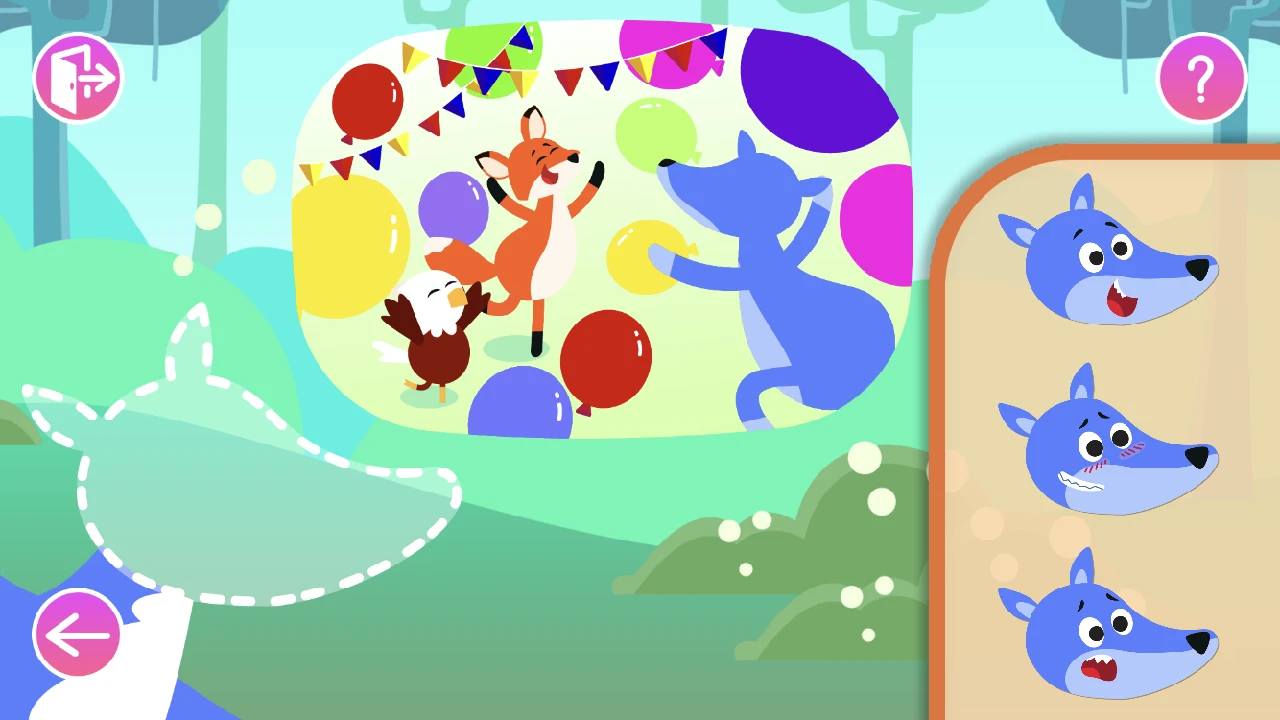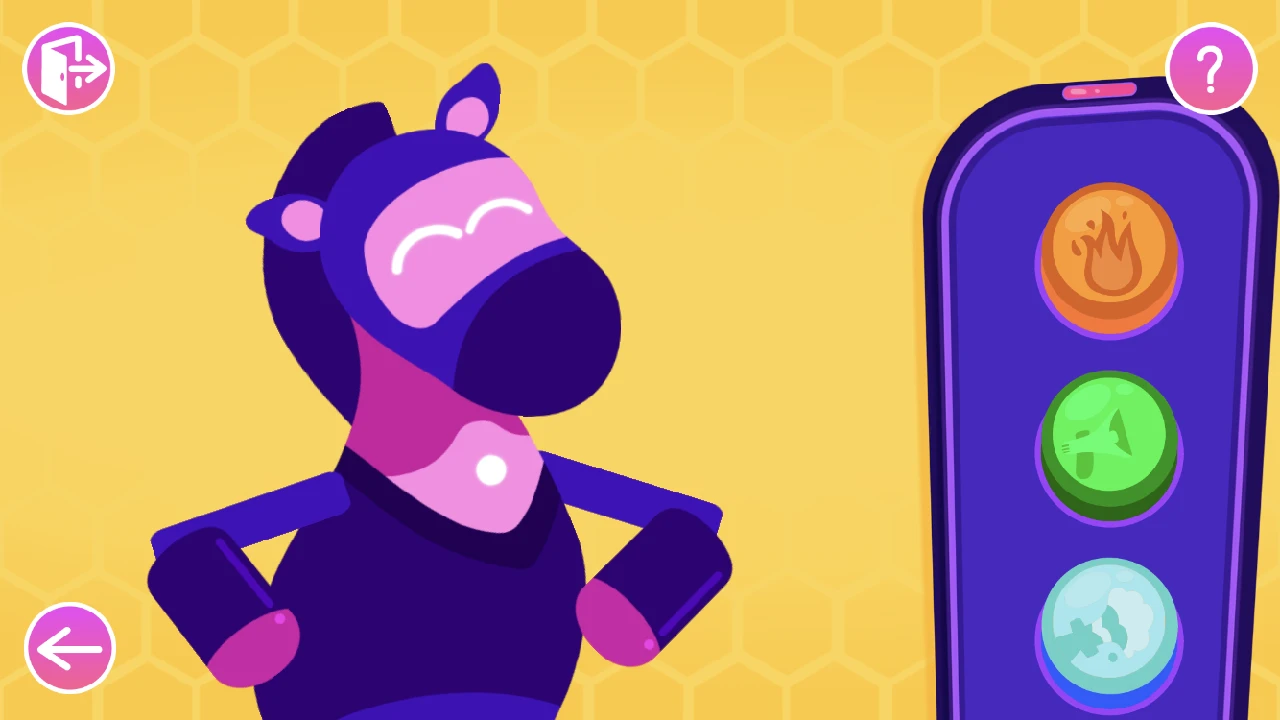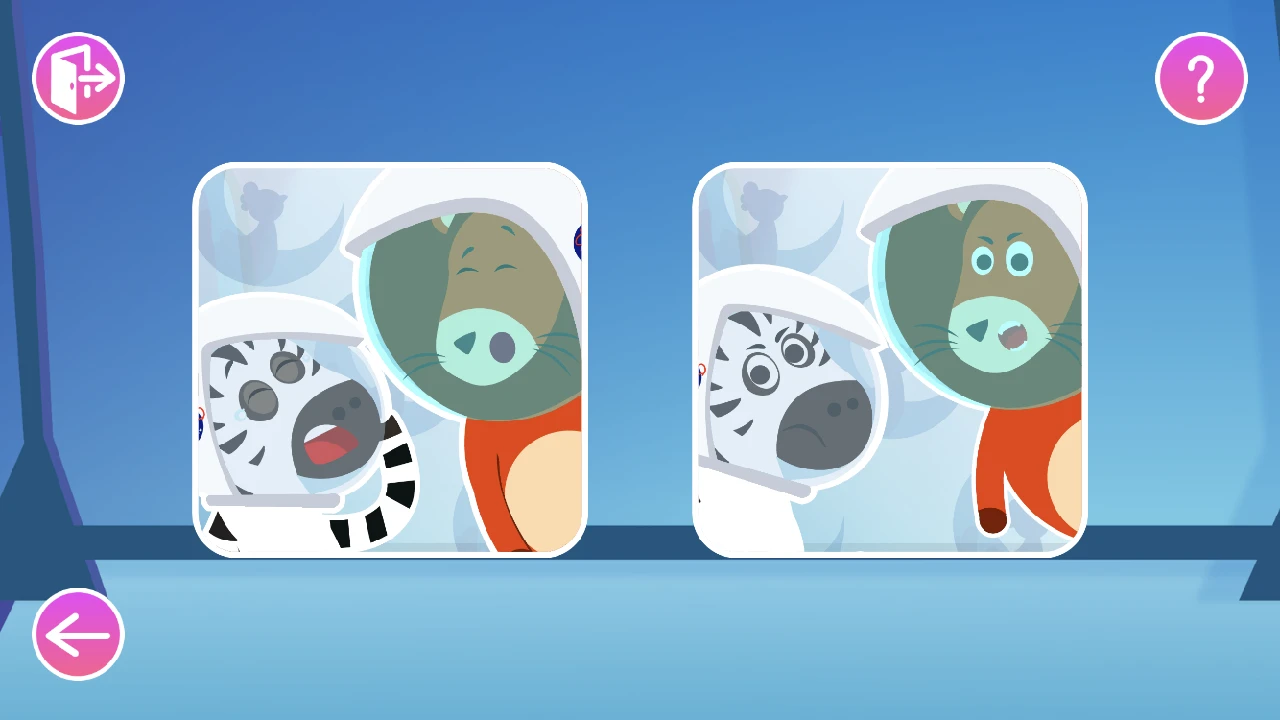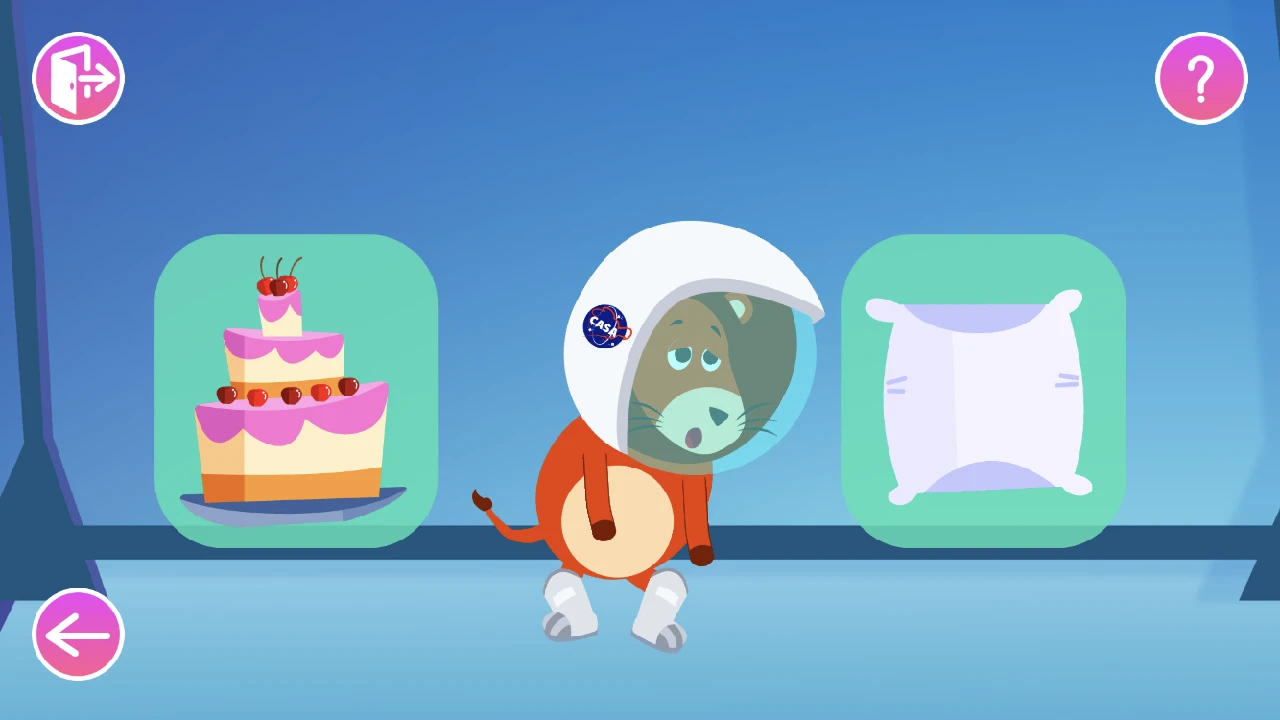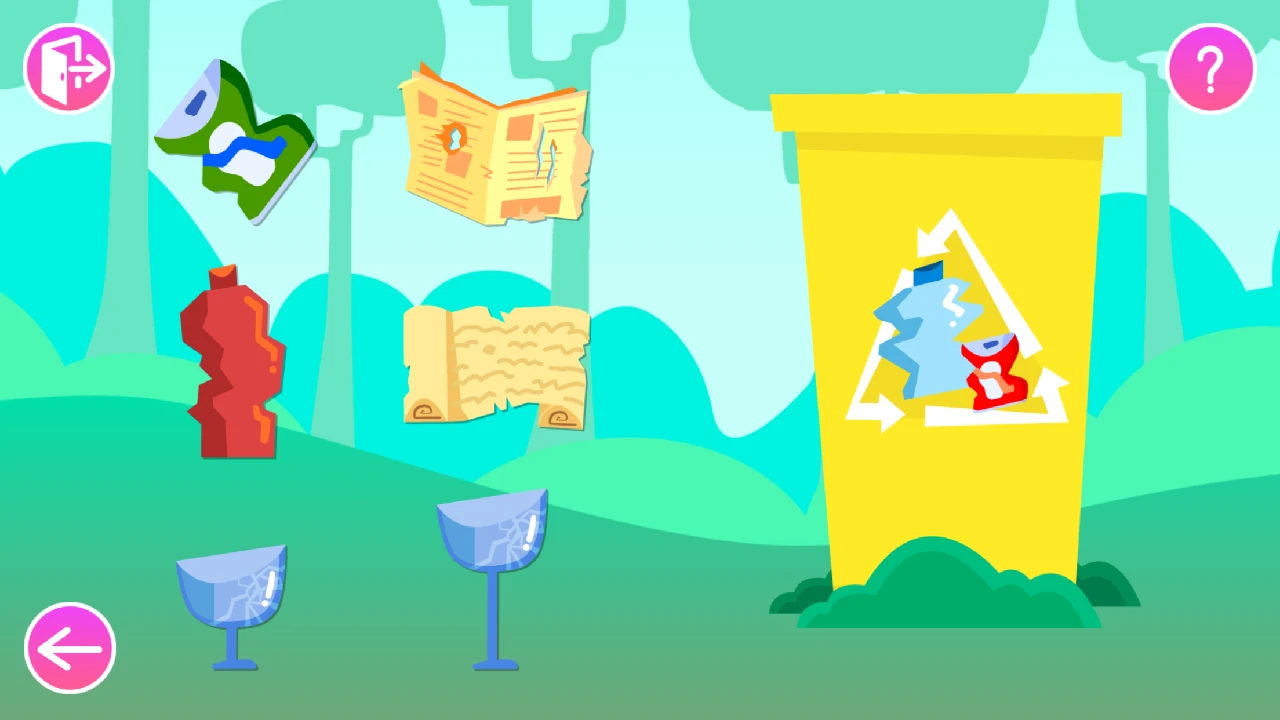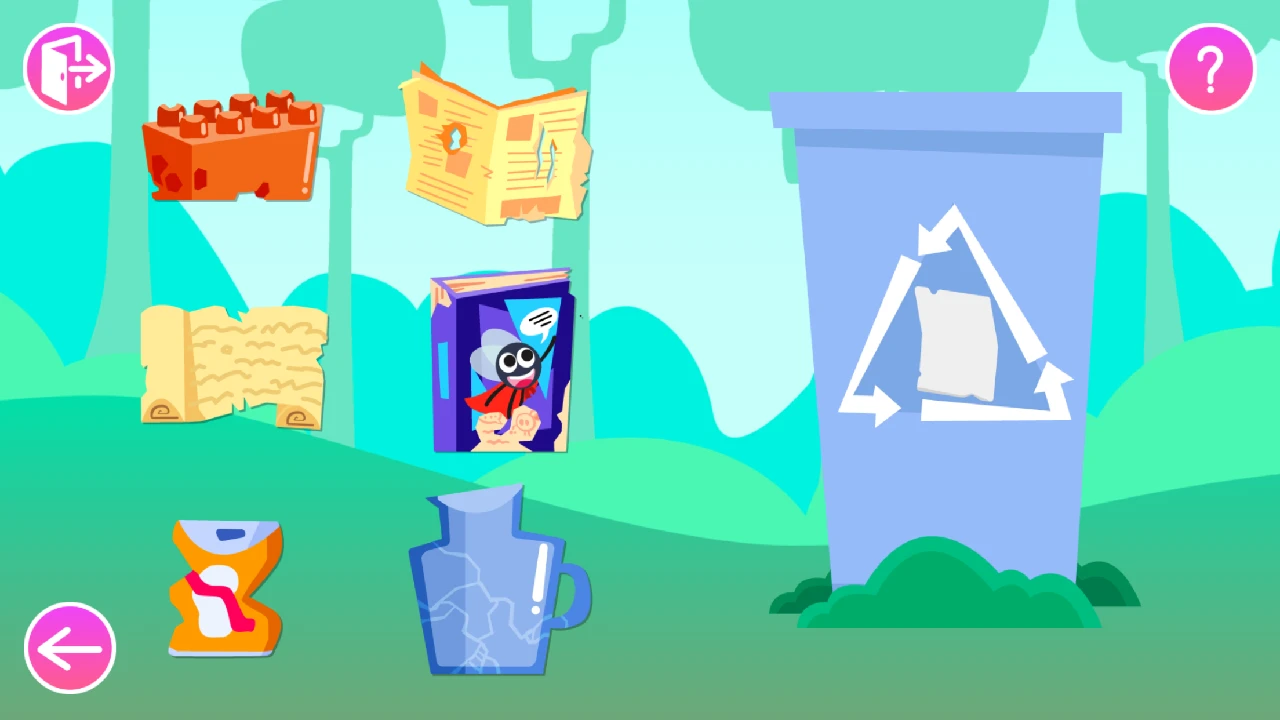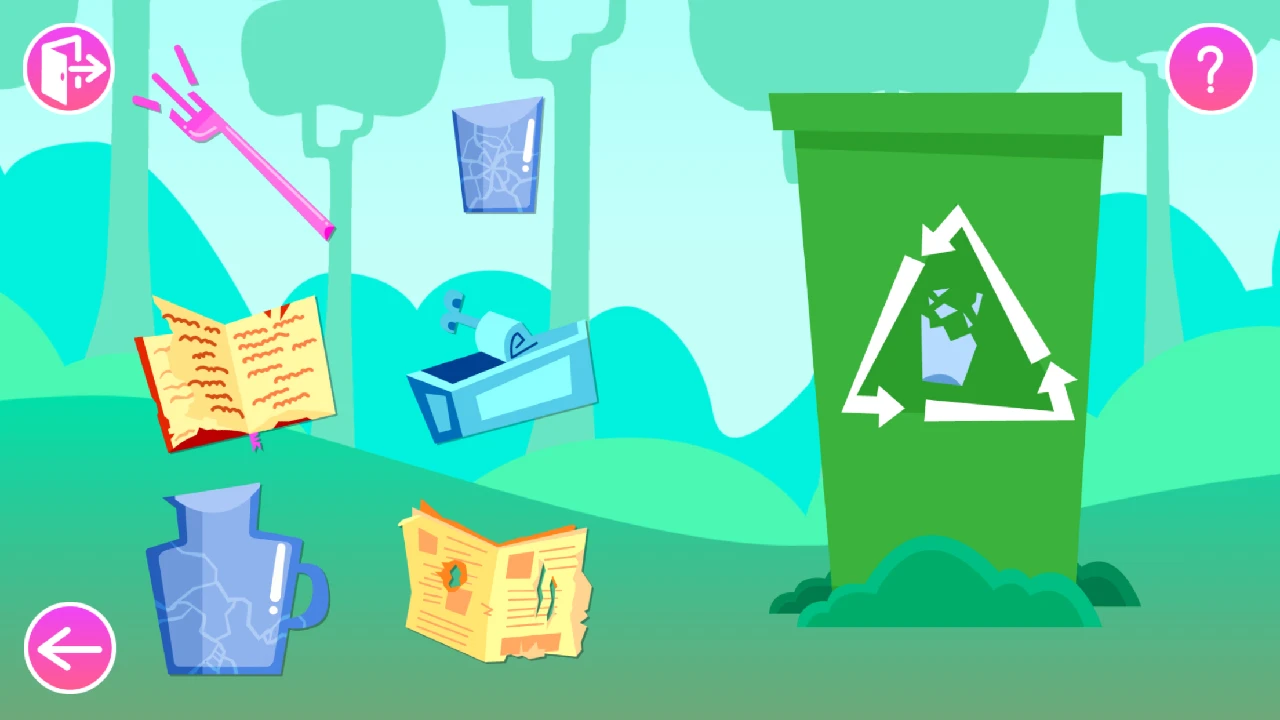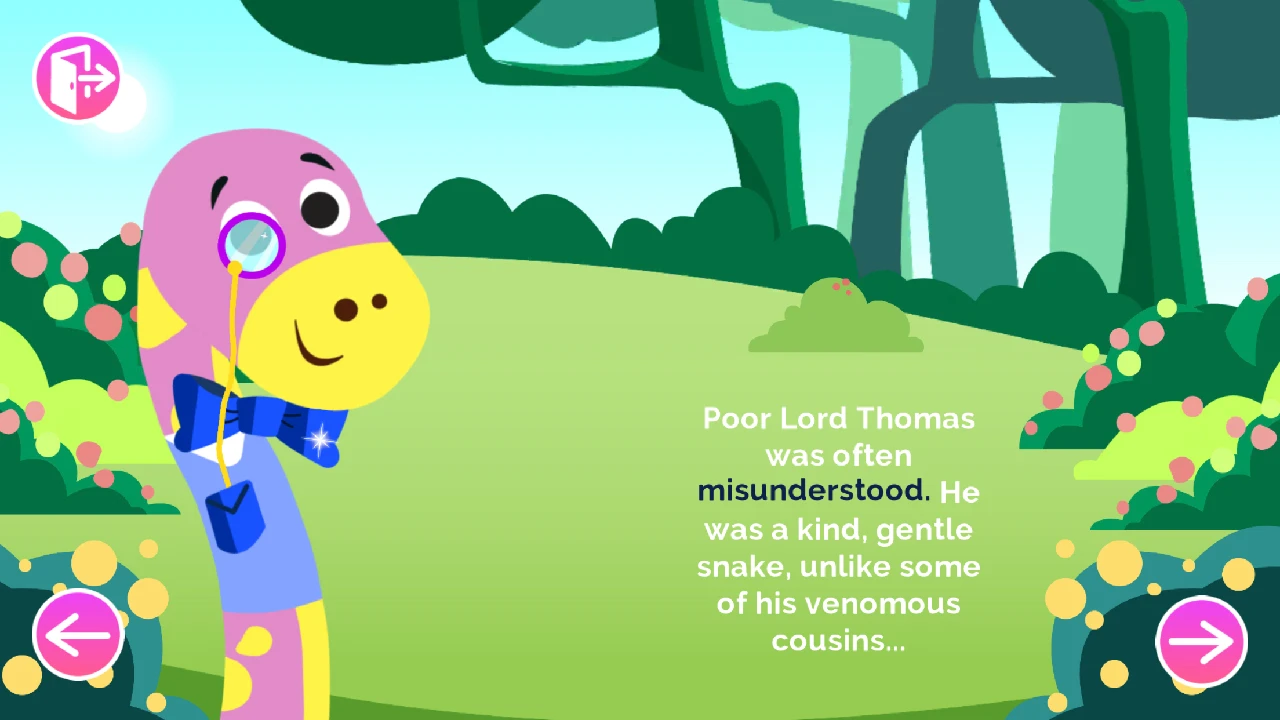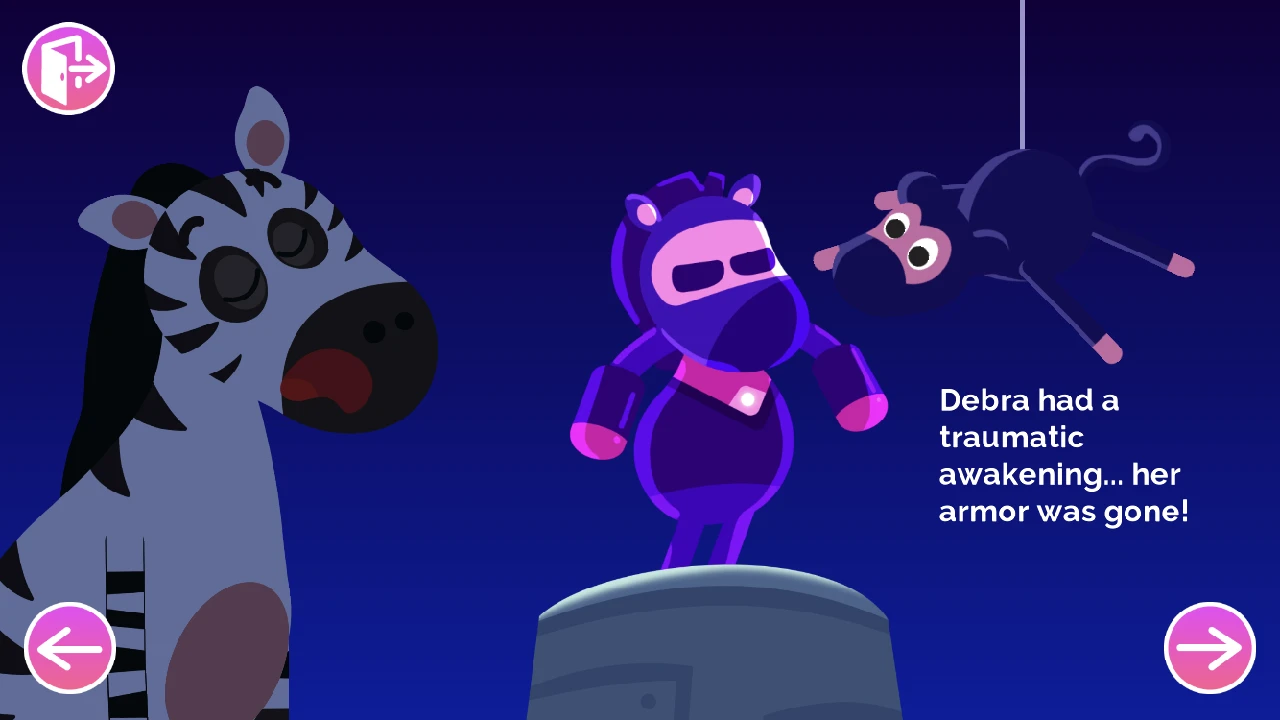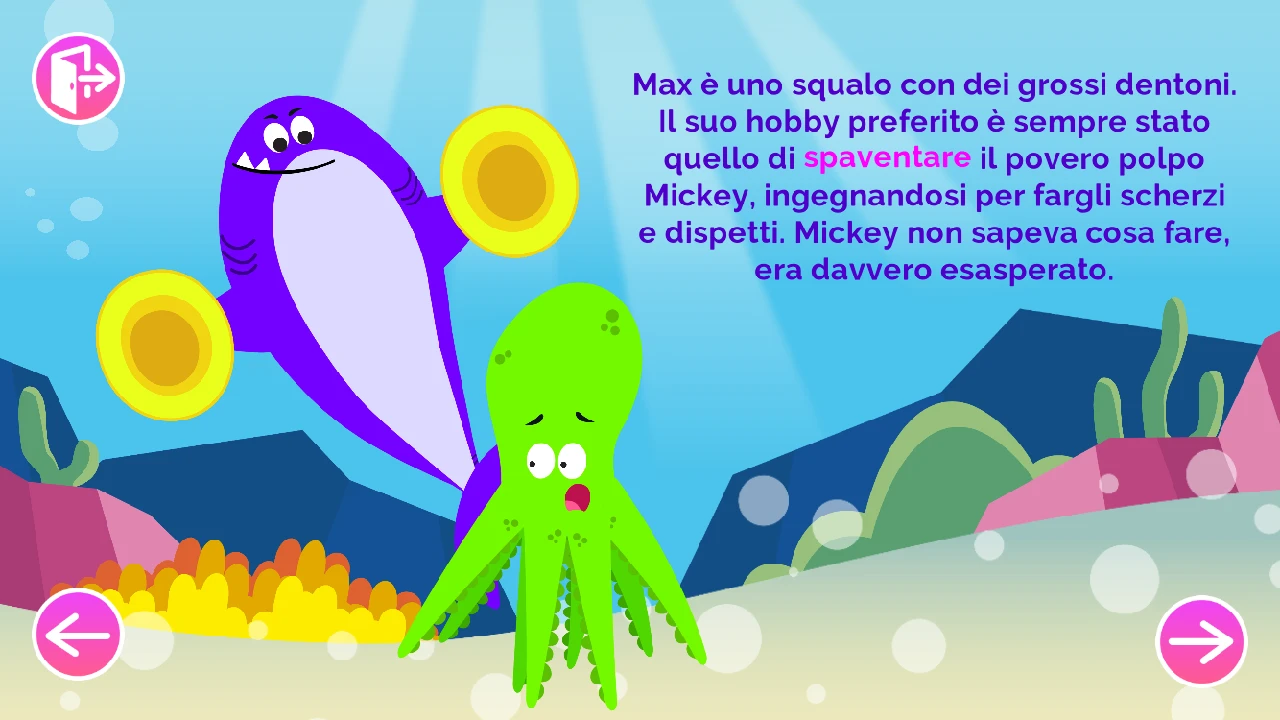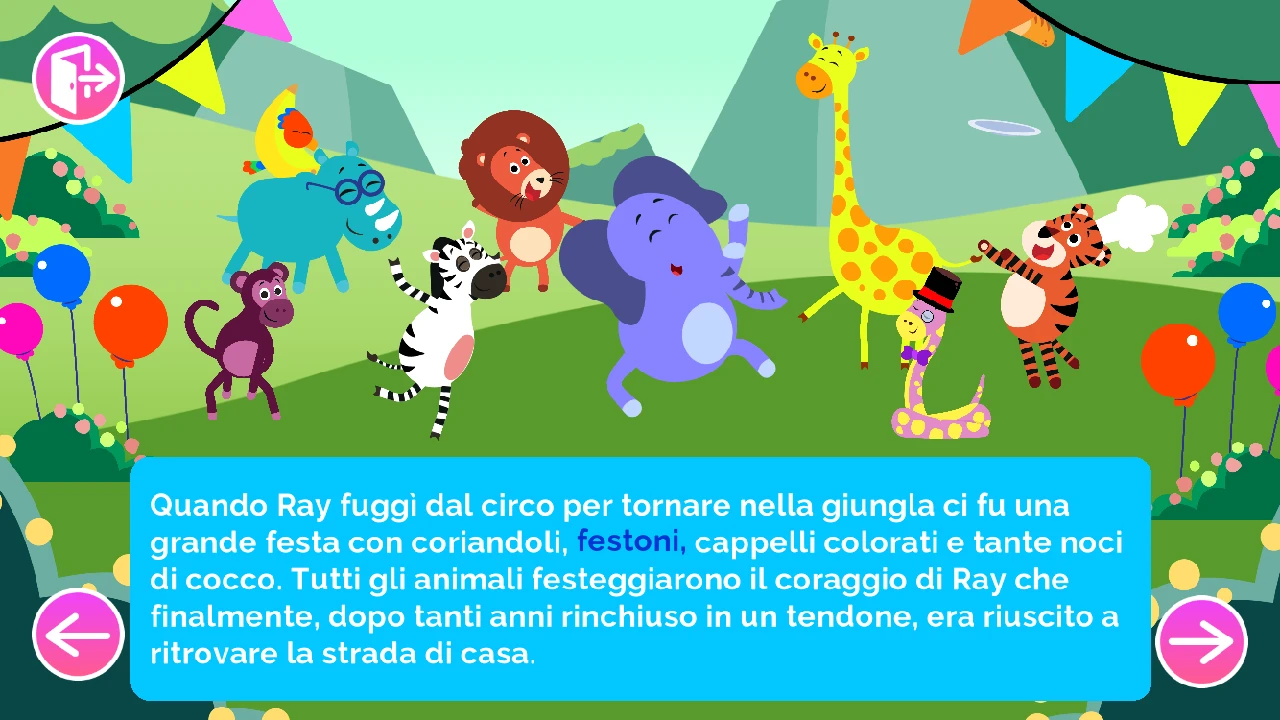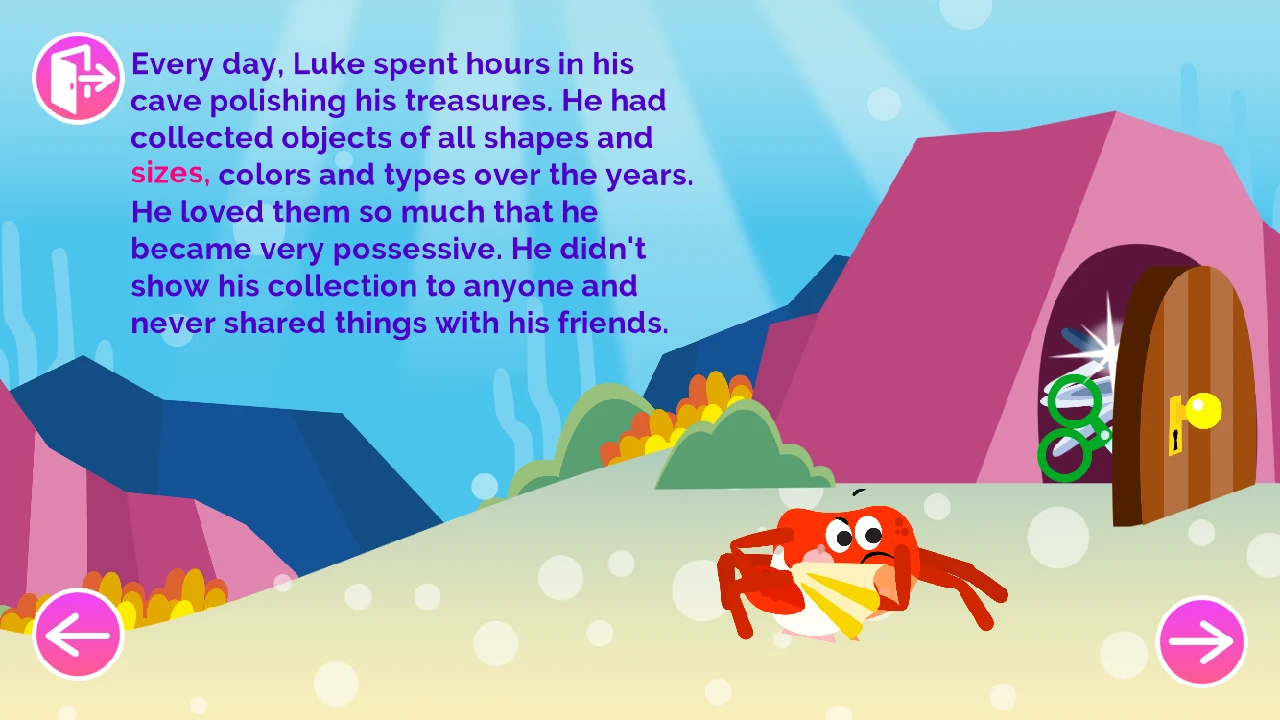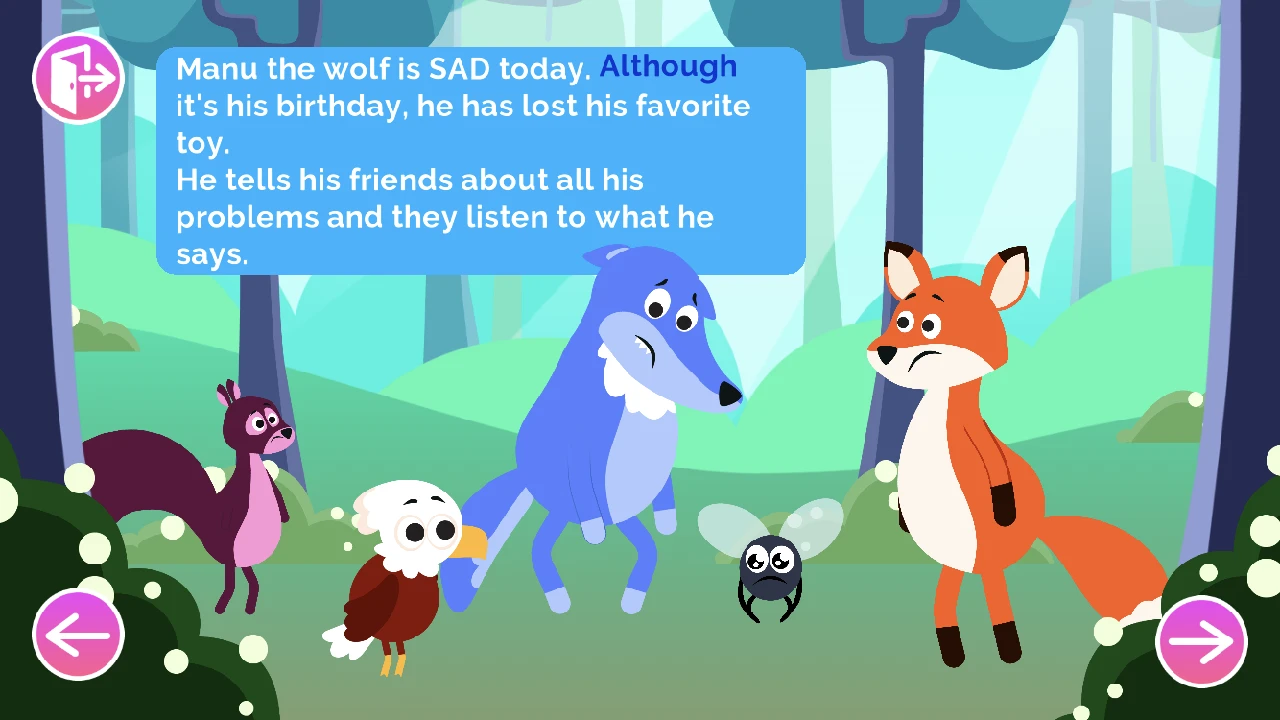Engineering is much more than just buildings, bridges, or machines—it’s a way of thinking and problem-solving. From an early age, children naturally engage in activities that echo engineering thinking. They stack blocks, play with sand, create imaginary cities—all demonstrating a curiosity for how things work. It is essential to cultivate this innate propensity in young learners and transform it into a more structured, yet engaging educational journey. Engineering, when properly introduced in early education, can help children enhance their logical reasoning, problem-solving skills, and their understanding of the world around them. By exposing children to engineering principles, we offer them a fresh perspective on common things and phenomena and equip them with the ability to envision solutions for problems they encounter in their everyday life. In essence, it paves the way to make them the problem solvers of the future.
Engineering is all about finding functional solutions to real-world problems. It involves a logical process of design, creation, and improvement. However, in the context of early education, it is not about teaching children to design complex structures or machines but rather cultivating a mindset—engineering thinking. Engineering thinking encompasses logical reasoning, problem-solving, pattern recognition, understanding sets, and making logical comparisons. These skills form the basis for more advanced learning and apply across various subjects, making them invaluable in a child’s educational journey. Incorporating engineering in early education can be as simple as turning everyday play into a learning experience. Children can learn engineering concepts through block play, where they create structures and explore stability, balance, and gravity. Likewise, playing with water and sand can teach them about the properties of different materials and changes in states of matter. These hands-on activities not only make learning fun but also help children understand abstract concepts in a tangible way.
Engineering thinking can be nurtured in young children through simple and engaging activities. Here are some practical tips for parents and teachers:
Remember, engineering is all about trial and error, and every failure is a step towards a better solution.
Teaching the concept of engineering to children aged 3 to 6 can be an exhilarating task, full of creativity and discovery. Smart Tales brings you a diverse range of tools to assist in this rewarding process. Our interactive games, enthralling stories, and engaging educational worksheets provide an immersive learning environment that effectively introduces and reinforces engineering principles. With Smart Tales, your children or students will embark on a unique journey of logical reasoning, problem-solving, and spatial understanding, all wrapped up in entertaining and easily digestible content.
The Smart Tales app features an extensive collection of interactive stories that cater to the budding engineer in every child. From adventurous tales about constructing imaginative structures to stories highlighting the importance of logical reasoning, our stories lay a strong foundation for engineering concepts. These stories, tailored to their young audience, bring engineering to life in a fun and engaging way.
Learning engineering becomes a playful experience with the Smart Tales games. Our interactive and educational games seamlessly weave in engineering concepts, encouraging children to solve problems, identify patterns, and think logically. Watch as your child or student becomes engrossed in our games while unknowingly mastering the fundamentals of engineering.
Smart Tales offers an array of educational worksheets, meticulously designed to foster understanding and application of engineering concepts. Each worksheet presents an opportunity for your child or student to apply the knowledge gained through our stories and games. The hands-on nature of these worksheets enables learners to directly interact with the learning material, promoting deep understanding and long-lasting retention of engineering principles.
Introducing engineering to young learners is not about teaching them complex principles but about instilling in them a mindset that embraces curiosity, problem-solving, and logical thinking. Through our carefully curated stories, games, and educational worksheets, Smart Tales makes this possible in an entertaining and engaging manner. Encourage your children or students to explore the world of engineering with Smart Tales and watch them transform into insightful problem solvers, ready to take on the world.
